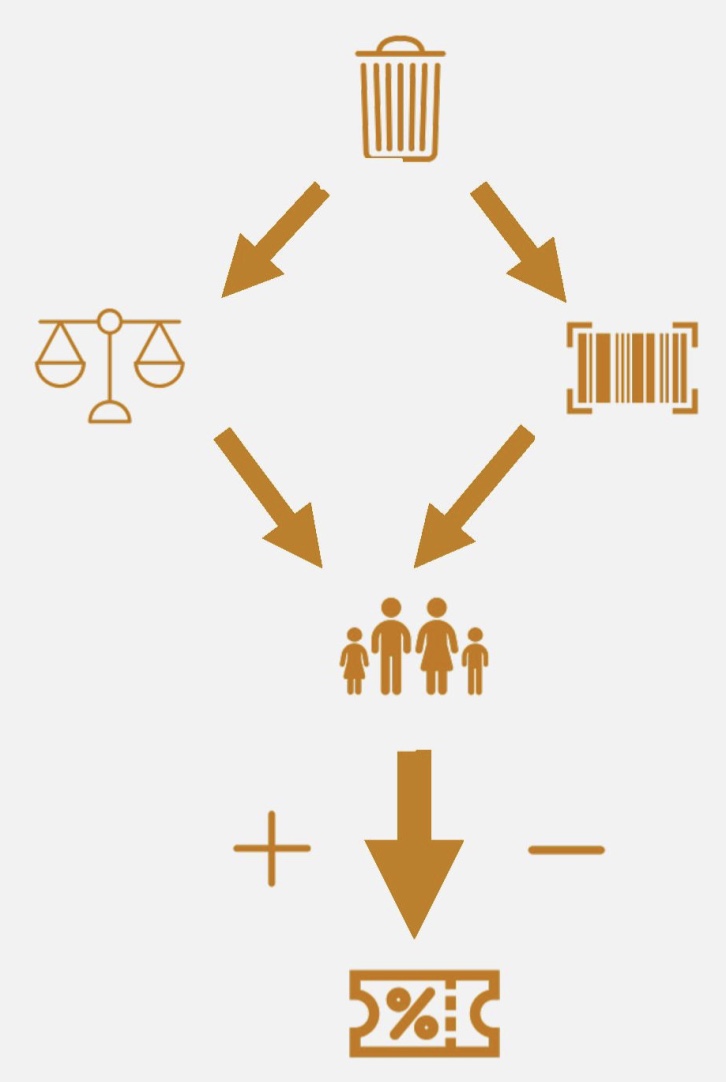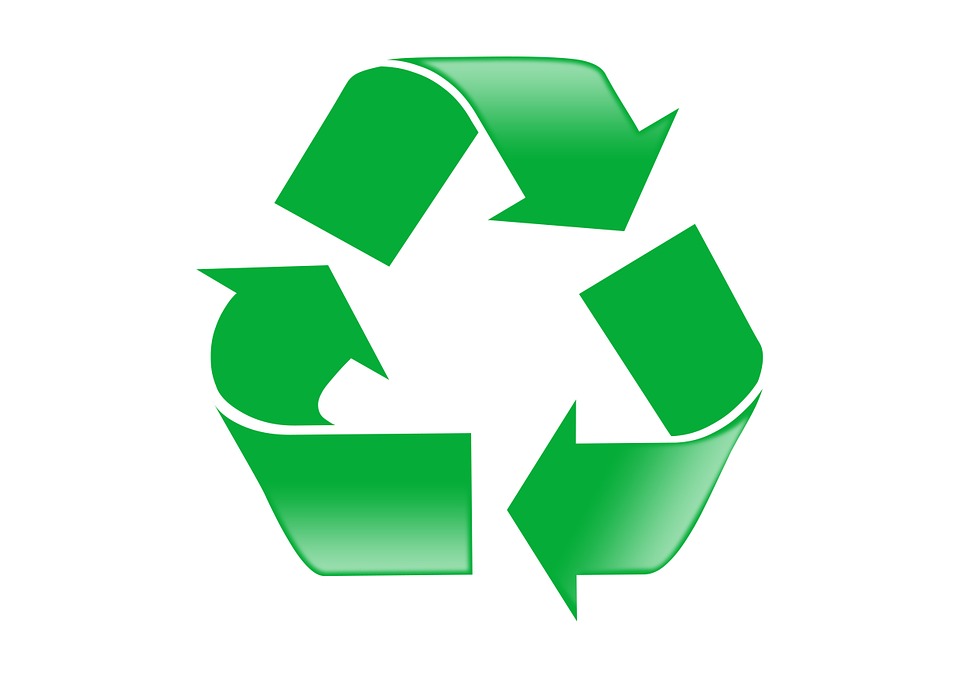
A GLOBAL STIMULUS
As we discussed during the 10th session of the Great Transition class, governing Economic and Ecological Commons represents an intricate challenge. One of the many mistakes regarding the communication approach about protecting the human eco-system and therefore the environment is an alarmist strategy based on shocking advertising. If in essence the messages spread by the different organizations relying on the characteristics previously mentioned are true, the consequences might be distant to the targeted objective. In fact, it could and is, counterproductive as “promoting” the end of the world if people don’t take any actions might lead to a fatalistic approach. In other words, why people should make any effort as the world will inexorably end? Only taking into account the economic theory of maximization of satisfaction, shows that the different tools and choices made in the past 20 years might have been erroneous. According to the idea of which every subject wants to rise his satisfaction to its maximum, while keeping the costs of it reduced to a minimum, an approach by guilt and fear is not an appropriate path.
Lawrence W. Reed in his article “The role of incentive” published in the Foundation for Economic Education highlights the predominant role of economic incentives in society. If his work was published in 1982, the argumentation and reflexive path he had taken seems to be particularly assertive in our modern society. Reed affirms that incentives are an efficient compound that yields action if properly used. There are two intuitive and main rules regarding incentives. First, they must represent a high personal advantage or benefit. Secondly, those hypothetical benefits have to be obtained at a low personal cost. In other terms the bigger is the personal cost, the bigger the personal benefit impersonated by an incentive should be.
In our case, as it is a test for a further implementation of a policy, we assume that the personal cost of using the different tools and infrastructures we “created” is in a middle range of difficulty. Our incentive program will aim to promote environmental change and a responsible consideration of garbage waste and recycling. Therefore, we want to involve the different actors that compose the social ecosystem.
STATE
The state must be the main actor as much on the infrastructures as the finances that will allow to develop the project. The role embraced by the state entity is also to ensure major incentives as a stimulus for the test families. There are various elements on which the incentive could be bases. One of the idea we had are on discounts for the pass Navigo, taxes or in general public infrastructures. As in general citizens use state equipment on a daily bases it could be a path to explore.
COMPANIES
According to our communication and marketing classes, we realized the importance of environmental compromise as a major key point of a brand opinion amongst its users and subjects. Major companies have adapted their communication strategies to match with the expectation of the civil society. A trivial, but nevertheless true, example is how McDonald payed a very careful attention to the subject previously mentioned. Taking into consideration those factors we think that giving a chance to companies to offer incentives on their products/services could be considered as a win-win relationship for both companies and citizens.
As a conclusion on the incentive program itself, we think that an inclusive approach of the State and private companies could be a very profitable item for our project. In fact, for companies it would provide a certain visibility amongst citizens and also positively impact their brand image as being involved in recycling. On the other hand, a various panel of incentives, practical ones as the Navigo pass discount or on groceries, but also more “trivial” ones would allow to touch a major part of the population interests. Another great impact is a collaboration between 3 major actors of today’s societies, allowing to create a responsible and successful policy. Those incentives would be available on the application with the ability to “purchase” them through a system of points.
THE POINT SYSTEM: A LUDIC AND PRACTICAL SYSTEM

To create a realistic point system, we tried to contact the different conceptors of the applications that already exists (listed beneath). Unfortunately we never got an answer and we had to think our own system. We first thought of using statistic data available in the Insee data base. In fact, the average amount of waste produced by families in France is available, but we think of including other factors. Since we want to implement a policy that will rely on “test families” we would take advantage of the data we will collect from them to create a caption including the average waste production depending on the number and age of family members. We are perfectly conscious that our system might not be perfect but with a professional insight we are sure it could be possible. As our recycling centers are going to be equipped with a certain amount of technology we hope to be able to measure the average waste weight for each of those families. The amount of points caption is going to be elaborated with a dialogue between us and the different companies that want to be involved in the project.
The points are going to be distributed according to that weight and the personal starting ratio. Every improvement will be rewarded with a certain amount of points. We also think that points should be granted every 2 months as a way of developing loyalty amongst our users. Those point would not only allow users to be able to “purchase” incentives but a monthly ranking would be available on the application. This measure aims to create a sane competition between the families as a nudge, potentially yielding more implication from those families.
On a behavioral level, we are sure that a point system would not only allow use to keep a reliable tracking of the families, as we will have reference captions, but also to incentive psychologically the users. Indeed, the points would give the feeling to the users that they are achieving a goal besides the benefits they could obtain from the incentives available on the application. This point system is more than anything a self-empowerment factor, which will without a doubt have a positive effect on the efficiency of our measure.
THE NUDGE SYSTEM
In order to support our public policy, we would like to introduce a system of nudges: our individual decisions are influenced by the context, our automatisms and our subconscious and nudges are exploiting those influences by mixing behavioral science and economics. We are here living the prism of costs/benefits, which would normally matter in the decision-making : here we consider that our choices also take into account our emotions, social norms and environment. We want to enlighten the benefits of recycling, in order to make people more willing to use our system, without giving only monetary incentives.

Several nudges have been considered in order to improve the recycling rate
The plastic bag could be transparent so everybody will be able to see if the other are recycling or if they are wasting a lot of food for example. It could encourage people to waste less, because they would be afraid of the perception of others. It has already been successfully implemented in other countries such as Germany.
Besides the messages for the misrecycling, we could send friendly messages to the ones who recycle well and give them a grade and an analysis of what they missorted : they could see what they can improve. We could also have a charter in the app to see the progress.
Concerning the app, people could have access to little games if they enter additional data into the app, so they can play a game and have a chance to win a voucher.
A monthly contest between the family of the neighborhood : a list of the top-ten families would be displayed on strategic points of the neighborhood (shops, schools). For this measure, the center could use its data to determine which family is the best, based on the recycling rate and the most minimal number of mistakes. It would require that the center keep cracks of the messages send to the families (to evaluate the number of mistakes) and the number of bins collected (each time a bin is scanned). It would create a friendly competition who will motivate the families.




